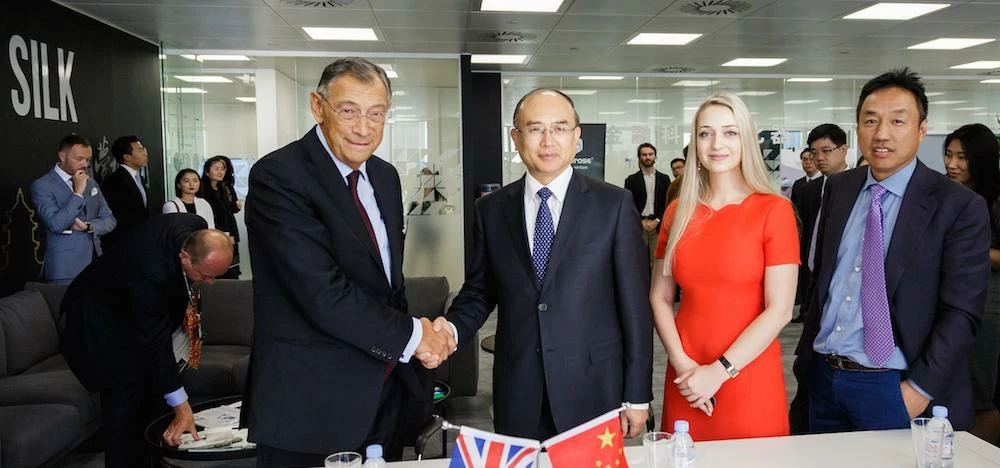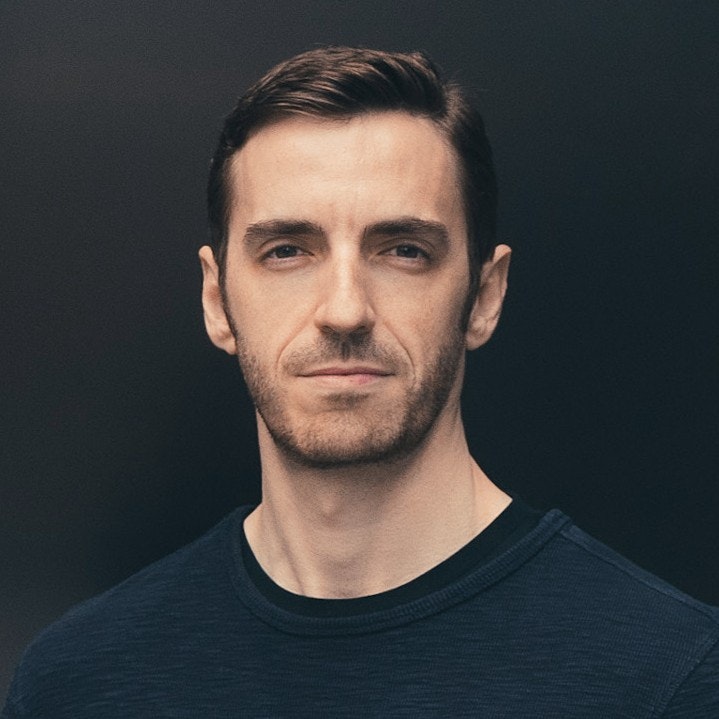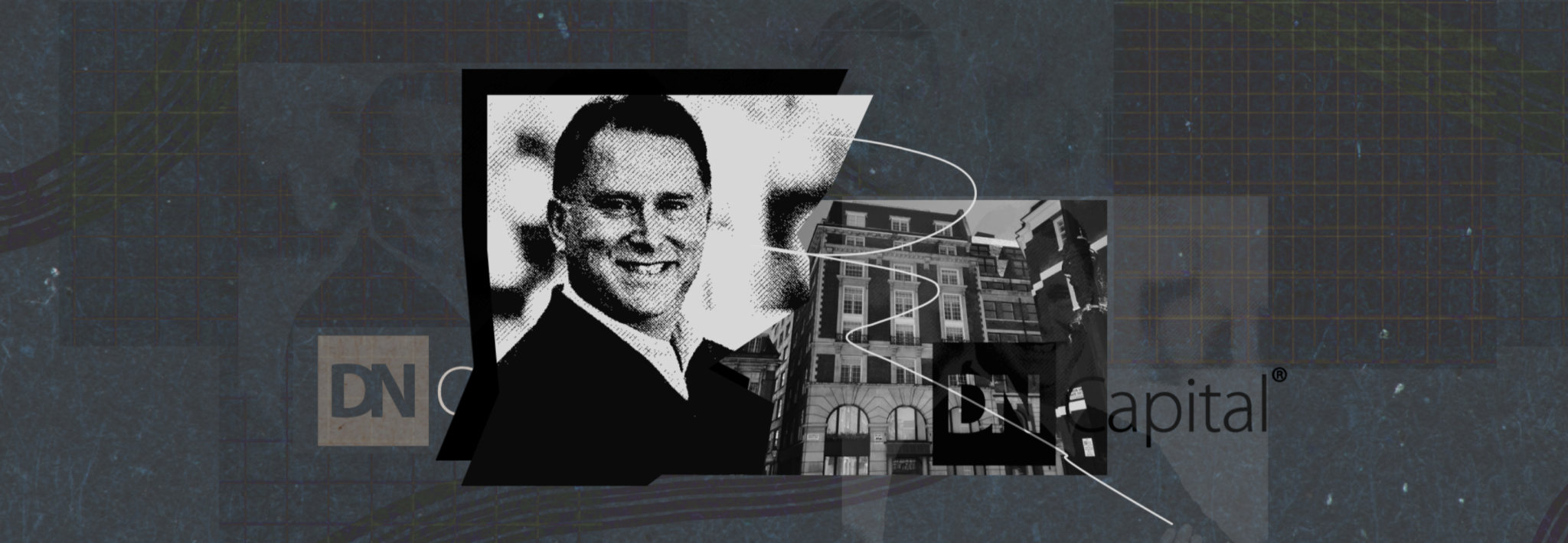As billionaire scion of the Agnelli dynasty and CEO of the family’s holding company, Exor, John Elkann feels that he has been around for long enough to know that Italian tech has a problem.
“There’s always been a sense of frustration around these conversations in Italy,” he says in an interview in Turin, “that it was somehow not possible [to build a great tech business].”
“You had really good technical leaders in Italy and you had great entrepreneurs, and somehow they weren’t necessarily the same person […] they weren’t really ready to think differently or be more ambitious.”
Despite being the third largest economy in Europe by GDP, Italy has lagged far behind its European neighbours for tech investment and startup creation in the past decade. While $1bn was invested into one UK startup alone in 2022, overall investment into Italy’s startups surpassed the $1bn ceiling for the first time in November 2021.
Investment in Italian startups rose by 56% from 2021 to 2022, making it the sixth fastest-growing tech scene in Europe. But this still pales in comparison with its neighbours: the $1.9bn tech investment high it reached last year was still eight times smaller than the $15.2bn invested into French startups, and its two newly minted unicorns compare to France’s 24 and Germany’s 33.
The core problem, Elkann tells Sifted, has not been a lack of funding or risk appetite, but rather a lack of knowledge.
“Italy versus other countries is more entrepreneurial, and there is a tolerance of risk if you’re an entrepreneur,” Elkann says. “But what these entrepreneurs were lacking was the technical capabilities you need in tech. What’s been lacking is the knowledge for that risk to be taken.”
Elkann is the scion of one of Italy’s richest and most influential families, the Agnellis, who made their billions in the car industry. Elkann’s great-great-grandfather Giovanni Agnelli founded Fiat in 1899 and his grandfather Gianni Agnelli was Fiat CEO for more than 30 years.
The family has historically invested much of its money in automotives: it controls Ferrari and holds the biggest stake in Stellantis.
When Elkann joined the family holding company in 2003 following his grandfather’s death, he inherited a struggling Fiat that was battling huge debts and record losses. Since 2009, he has grown Exor’s net assets by almost eight times to €33bn, and in the last five years has begun to diversify away from the family’s traditional automotive holdings into technology and healthcare.
This is spurred by a personal interest in technology, Elkann says, that led him to study engineering at Turin’s Politecnico University. He graduated in 2000, at the dawn of the internet mobile era.
“In my early 20s, I was personally very engaged in what was happening in technology and the creation of internet companies — but then I ended up being very busy with what was happening with Fiat and had to be very focused,” he says.
Elkann’s comments come as Exor hosted its fourth iteration of Italian Tech Week in Turin, a conference it runs with the GEDI media group that it owns. At the conference, Exor also marked the first year of its early-stage tech investment vehicle, Vento (previously called Exor Seeds).
Vento, which is chaired by ex-Silicon Valley executive Diego Piacentini, was the most active non-governmental fund in Italy in 2022, and backed 52 Italian-founded companies in its first year of existence. Vento is separate from Exor Ventures, which was established in 2017 to invest in tech companies, but has mainly made international investments.
Elkann says that Exor has invested €1bn in tech in the last five years, split across its Exor Ventures vehicle, Vento and its 2020 investment in a 9% stake in New York-based Uber rival Via transportation.
More recently, Exor has taken substantial stakes in Philips and clean energy company TagEnergy, in addition to this billion.
But Elkann says Vento’s concentration on technology in Italy is a culmination of 25 years of his personal passion for tech. He uses the Italian tech week conference as an example of how Exor has been taking “baby steps” to encourage more investment into Italian tech.
“In 2017, saying we wanted to have Index and Sequoia on stage in Italy was delusional. But in 2023, they’re there,” he says.
Mike Volpi, partner at Index Ventures, and Doug Leone, Sequoia’s managing partner, are both Italian. Volpi and Sequoia China's founding partner Neil Shen both sit on Exor’s partners council.
Sources tell Sifted that Exor, as well as having co-invested in a number of startups alongside Sequoia, is also an LP in the US VC firm. A spokesperson for Exor only confirmed that Sequoia had invested alongside Exor in a number of the startups.
“They [Volpi and Leone] are both very close to us and what we’ve done,” Elkann says.
Exor’s healthcare push
Elkann dismisses the suggestion that Exor’s backing Italian companies goes beyond just financial return, separating his family’s philanthropic activities from the company’s investments.
“Exor is driven by financial return and the Agnelli foundation is driven by social output,” he says.
Elkann says that if he takes a 25-year investment view, the two most important things to him are “decarbonised energy at scale and cheap; and reducing the cost of healthcare”.
Although Ferrari’s first electric vehicle is pencilled for 2025, Elkann underlines that “cars are just consumers of energy” and that Exor has not been concentrating on changing how energy is produced or distributed.
He says that the latter is where Exor is “being deliberate in what we want to try and learn and what we want to try and do”. This healthcare push was behind its recent €2.6bn investment for a 15% stake in Dutch electronics and medical devices maker Philips.
Elkann cites the fact that Italy is one of the largest pharmaceuticals producers in the world and the quality of its healthcare system as signs of its potential in this sector.
“Not a family office”
Although Italy has the second highest government debt in Europe, there’s a huge amount of private wealth in the country: approximately €8.5tn — around six times its national income.
Much of this resides with the families of Italy’s great manufacturing businesses, and some descendants of these families have begun making tentative tech bets in recent years. These include the Rancilio family office Rancilio Cube; Marzotto family office PFC; Berlusconi’s family office H14; and the Moratti family office, Milano Investment Partners.
But Elkann is keen to set Exor’s investments in tech apart from this group.
He is defensive at the comparison of Exor to a family office, and instead describes it as an “entrepreneurial organisation and diversified holding”. Elkann differentiates its investment activities from these other smaller family offices by saying that its “core purpose” is to “build great companies”, rather than this being a “periphery” activity.
“Others are looking at this as a set of opportunities that have done well over the last decade. It’s different in terms of how much time they’ve been doing it, how much effort they’ve put in, and how organised they can realistically be,” Elkann says.
“Everything we do goes back a long time — I’ve been in this for 25 years, one way or another.”
*This article was updated on 3rd October to name Exor's Vento vehicle Vento, rather than Vento Ventures as previously stated. It was also updated to say that Neil Shen is founding partner of Sequoia's China arm.


